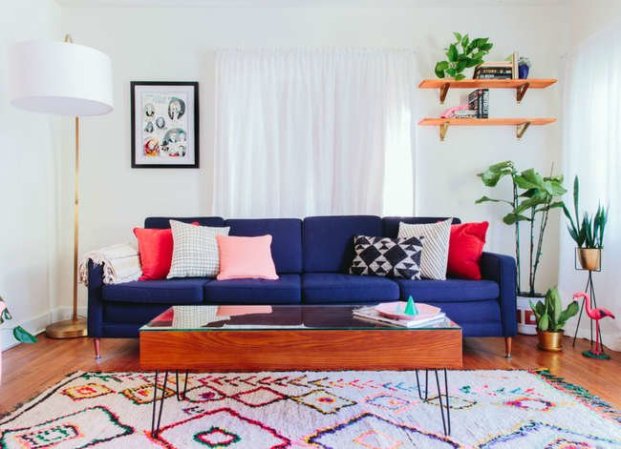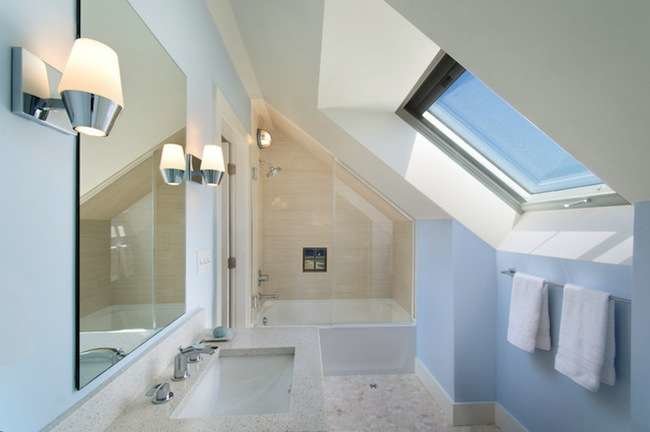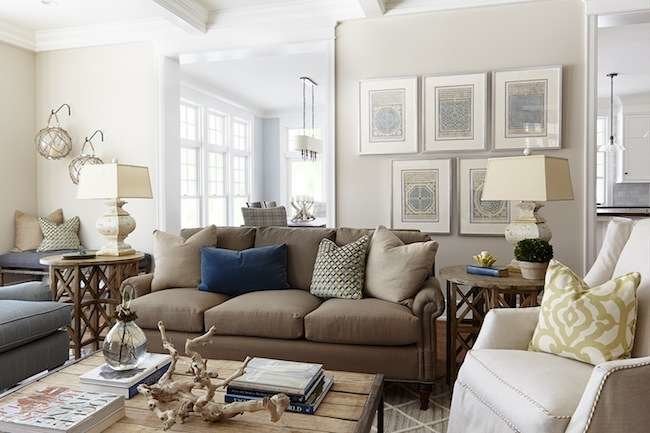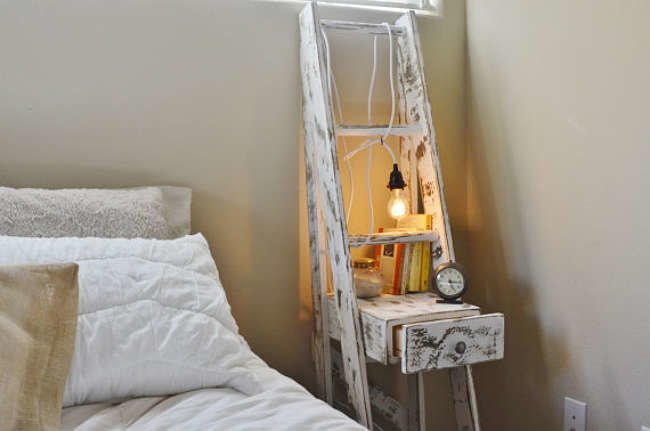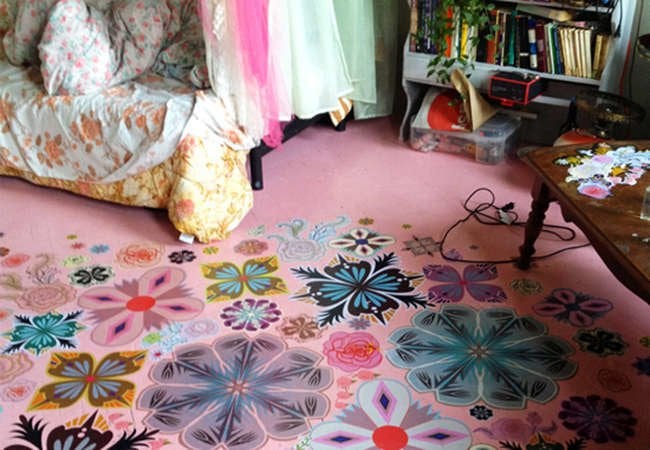We may earn revenue from the products available on this page and participate in affiliate programs. Learn More ›
Every Room Should Have a Pop of Color
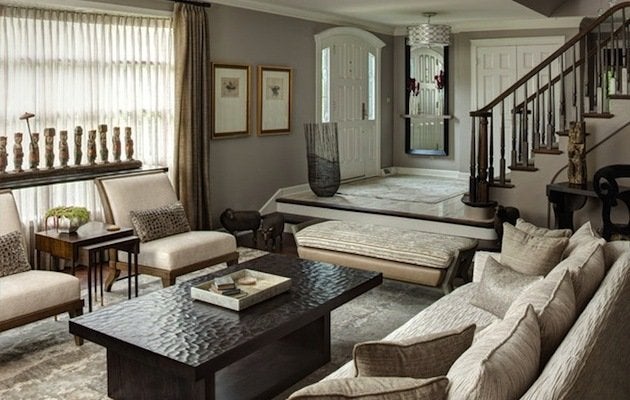
Fredman Design Group (Barbara Theile and Jean Kaiser), design; Eric Hausman Photography, photographer
A monochromatic palette might bore you. And it stands to reason that a burst of color would really spice things up. Instead of doing something dramatic, though, think about adding visual interest, not through color, but through the liberal use of different textures and materials. See how this hammered tabletop and the furniture’s natural woven fabrics manage to bring depth to an otherwise neutral living room?
Dining Chairs Should Match
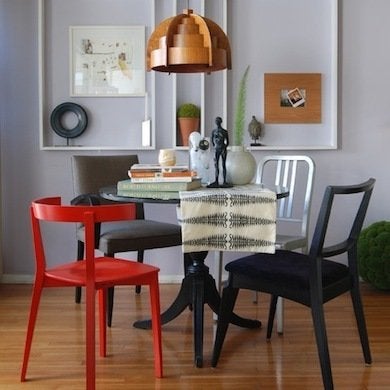
The dining room table is where everyone comes together. You can emphasize that idea by mixing up the furniture here. When united by a common paint color, even a wide variety of chair styles can look interesting and yet decidedly unified.
Keep Small Spaces Simple
Even small furniture can suffocate a small room, if you fill the space with too many different pieces. Rather than go overboard, opt instead for only one or two larger pieces. Doing so can actually help you achieve a greater feeling of spaciousness. When it comes to color, a little goes a long way. Experiment with dark or bold shades to make a strong statement that stops short of being overwhelming.
Ceilings Should Be White

gailowensphotography.com, photo / Reveal Studio, design
Love a particular color? Drench yourself in it. Bright paint overhead casts a vibrant glow, welcoming kindred accent pieces, including window furniture, pieces of furniture, and even place settings.
One Pattern Per Room
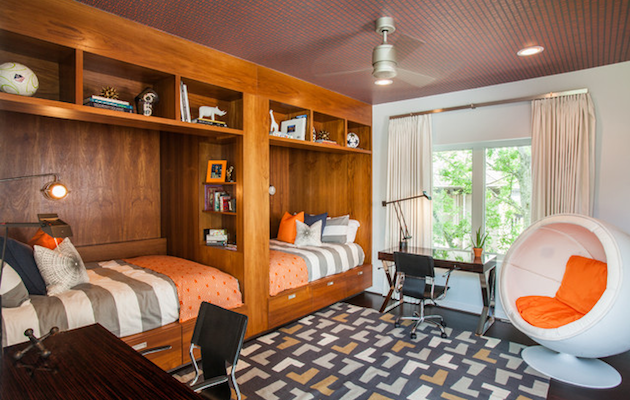
Be bold in your mixing of patterns. Pairs stripes with paisleys, florals with geometric patterns. You might even consider adding pattern to the ceiling. Take pains, however, to keep things balanced by repeating a common color across the different patterns you choose.
Every _____ room needs a _____.

Sure, most living rooms have a couch, but yours doesn’t have to. Maybe you’d be just as happy with a set of comfy chairs. Before purchasing furniture for a given room, be honest with yourself about how you’re really going to use the space on a day-to-day basis.
Window Treatments Are for Windows
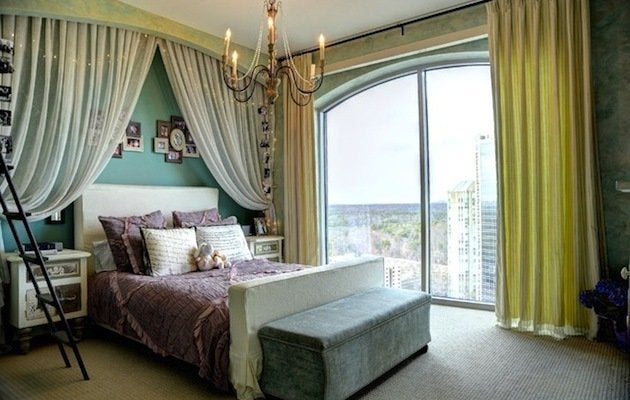
Window treatments provide privacy and keep light at bay, but they can serve other purposes as well, adding dimension and interest to would-be blank walls, or by functioning as a room divider in an open-plan space.
Wallpaper Is for Walls
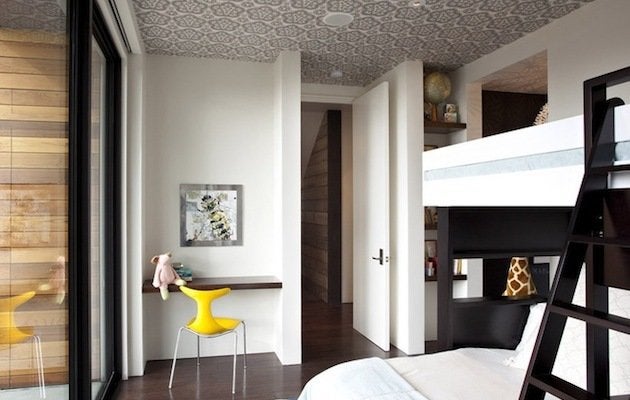
SB Architects and Erin Martin Design, design; Mariko Reed, photo
With all of the fabulous wallpapers available these days, why limit yourself to the walls? Branch out by using sections of wallpaper inside shelving, on the recessed panels of doors and cabinets, or even on the ceiling.
Test Drive Big Decisions

Whichever rules you break, here’s one to live by. Repainting the living room? First, test small areas and live with the colors for at least two days before committing. Note how the tone of the color changes in morning sunshine and evening shadows. You can also do this for other decorative introductions, such as window treatments and rugs. That way, you can be sure not to regret your next redesign.
For More …
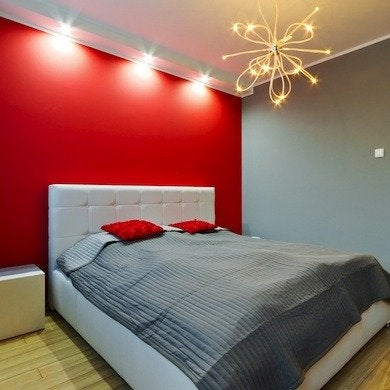
If you are interested in more decorating tips, consider:
10 Small Bedrooms with Huge Amounts of Style

